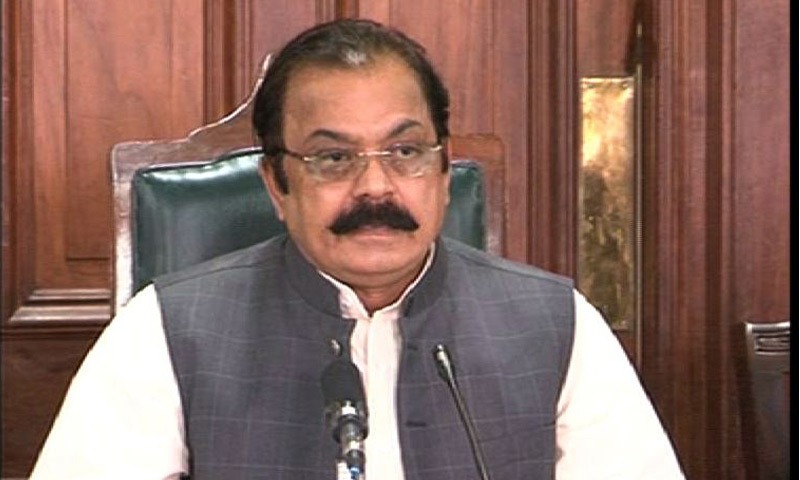Need for a Balanced Federal-Provincial Resource System
Pakistan’s Adviser to the Prime Minister on Political Affairs, Rana Sanaullah, has emphasized the need to bring balance to the distribution of resources between the federal and provincial governments under the country’s 18th Constitutional Amendment.
Speaking to reporters in Islamabad, he said that while the constitution is a sacred document, it should not be treated as the final word. Instead, he argued, it must evolve with time to address new political and economic realities.
The constitution is not immutable, Rana Sanaullah stated. Amendments are sometimes necessary to ensure better governance and fair resource distribution.
26 Amendments So Far — 27th Under Discussion
The senior Pakistan Muslim League–Nawaz (PML-N) leader noted that 26 amendments have been made to the Constitution of Pakistan since its adoption in 1973. Any new amendment, he explained, would require a two-thirds majority in parliament, ensuring that changes reflect broad political consensus.
He clarified that discussions on a possible 27th Amendment are still in their preliminary stages. It would be inaccurate to say that the government is bringing a new amendment immediately, he added, stressing that no formal draft or proposal has been finalized.
No Disagreement with the 18th Amendment Itself
Rana Sanaullah underscored that the PML-N has no objection to the 18th Amendment, which devolved significant powers and resources to Pakistan’s provinces in 2010. However, he said that practical challenges have emerged over time, particularly concerning fiscal transfers and administrative responsibilities.
Situations have changed since 2010. If those circumstances require fresh dialogue or consensus, there is no harm in discussing it, he said.
The 18th Amendment was one of the most sweeping constitutional reforms in Pakistan’s history, granting greater autonomy to provinces and increasing their share in the National Finance Commission (NFC) Award. However, federal officials have since argued that the central government’s fiscal space has shrunk, limiting its ability to fund national projects.
Consensus on Judicial Reforms
Rana Sanaullah also clarified that the government does not intend to create any confrontation with the judiciary. He said that all political parties agree that the creation of a constitutional court could improve the handling of constitutional disputes and promote judicial efficiency.
According to him, the opposition, led by Maulana Fazlur Rehman, had earlier proposed forming a constitutional bench instead of a separate court. This proposal initially gained agreement among major parties, but later, the Pakistan Tehreek-e-Insaf (PTI) declined to sign the final document.
Democratic Dialogue Must Continue
Concluding his remarks, Rana Sanaullah reiterated that open discussion and reform are part of a healthy democracy. Debate on constitutional issues should never be seen as a threat, he said. Rather, it reflects our collective effort to strengthen governance and ensure equitable development for all provinces.
As Pakistan continues to face economic challenges and demands for provincial accountability, the debate over revisiting the 18th Amendment’s financial framework appears set to remain at the heart of national politics.















